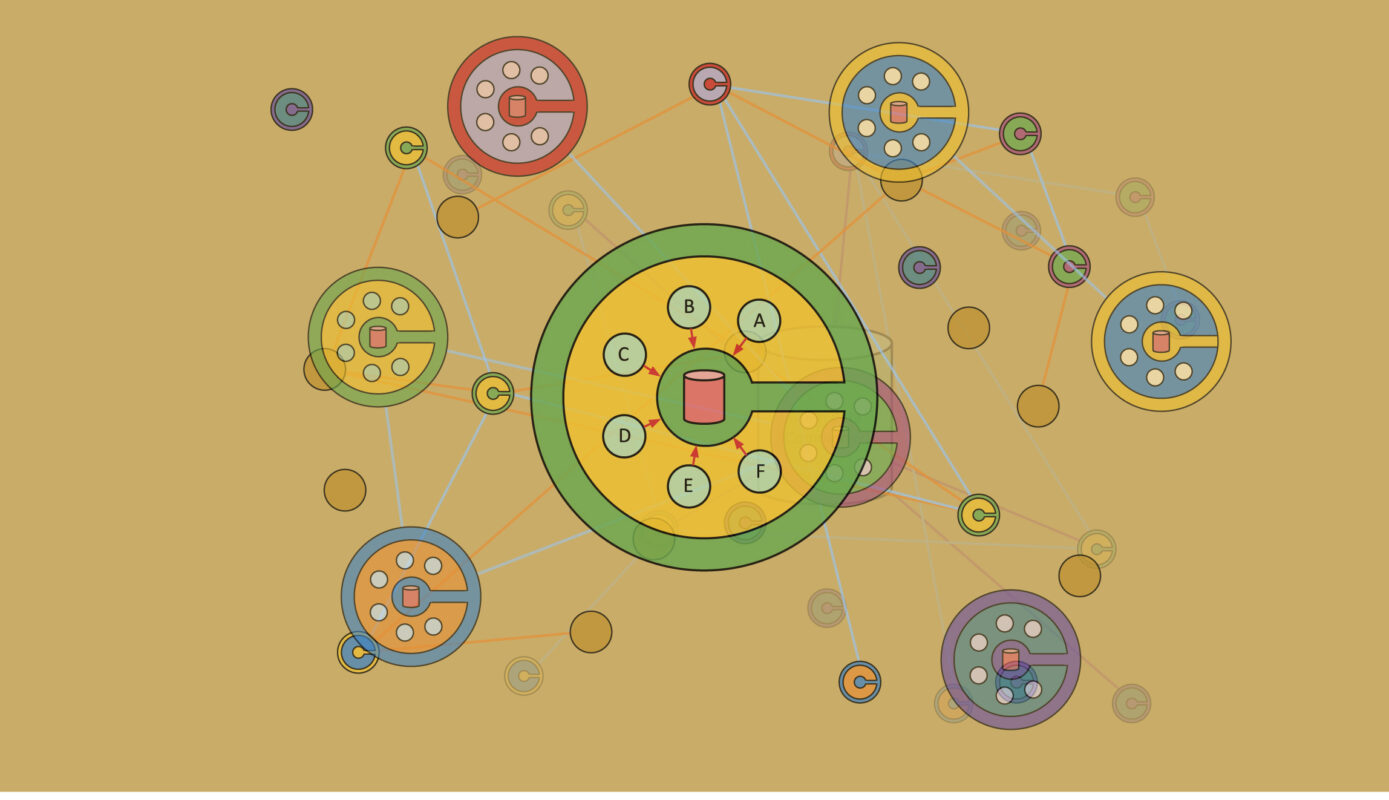Open Data Manchester has been working with the Carbon Co-op for the past year to develop and test a data-cooperative model for small, energy cooperatives like theirs.
The project was a response to a call from the Open Data Institute for research and development initiatives focussed on creating trustworthy, and financially sustainable, infrastructure for ‘data institutions’ in key sectors of our society, the Data Access Stimulus Fund.
Data cooperatives are one of a number of such data institutions defined by the Open Data Institute, of which it says they: “enable members of the cooperative (organisations or people) to share data with others, with data governance decisions made by those members”.
With access to the experience of Carbon Co-op, a Manchester-based, community benefit society that has spent 15 years developing decarbonisation schemes for its members, we set out to examine the power that these data-powered ‘new mutual organisations’ could have to:
- empower people to take greater control of their data
- offer choice about how data is used
- build trust and confidence in the process of sharing data
In the Developing a Data Cooperative Model for Small Energy Cooperatives report, you can learn more about:
- why we chose a data cooperative model
- the different potential data flows we explored
- the mechanisms for consent that we co-designed
- a governance system specifically focussed on the data-sharing process
The findings were discussed at the How to Build a Data Cooperative event on Tuesday 30 March 2021. We were joined by Astha Kapoor, co-founder of the Aapti Institute, Bangalore and Hays Witt, CEO of Drivers Seat Cooperative, from the US, to understand more about why there are so few working examples of these conceptually simple structures. It was chaired by Anouk Ruhaak who’s currently a Mozilla Fellow.
How to Build a Data Cooperative from Open Data Manchester CIC on Vimeo.
From our research, we have outstanding questions about how to create, and create trust in, data cooperatives – on things like the transparency and legibility of the system, particularly any automation involved, and of course, the time and financial costs of setting up and sustaining such a structure.
The issue of trust versus scale is one that cannot be ignored for data cooperatives – but it presents an interesting opportunity for further research – how can data cooperatives achieve trust at scale?
Download the report here.

